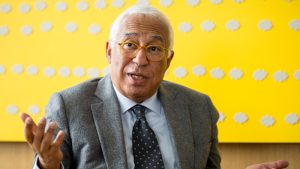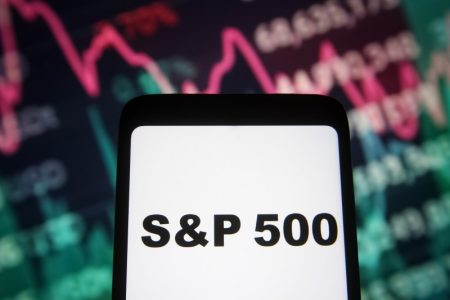By Susobhan Sarkar
BENGALURU (Reuters) – Bank Indonesia (BI) will leave its key policy rate unchanged at 6.00% on Thursday and likely keep it at that level until at least mid-2024, according to a Reuters poll of economists in which a few respondents still expected another rate hike.
Despite inflation inching up to 2.56% in October from 2.28% in September, it was still within the central bank’s 2%-4% target range for the year, suggesting price pressures were less of a concern in Southeast Asia’s largest economy.
Indeed, Bank Indonesia’s surprise 25-basis-point rate hike on Oct. 19 was aimed at propping up the rupiah, which had been down around 8% against the dollar since May.
The currency has since gained nearly 2% against the greenback and was trading around 15,540/$ on Monday. Expectations the U.S. Federal Reserve was done with hiking rates also boosted the rupiah and other Asian currencies.
“Bank Indonesia is likely to keep rates unchanged this month. Rupiah stability was the driving factor behind the unexpected move last month, and since then market pressures have eased with the U.S. dollar and yields pulling back post the U.S. Fed’s pause,” said Radhika Rao, senior economist at DBS bank.
In a Nov. 14-20 Reuters poll, a strong majority of economists, 27 of 31, expected Indonesia’s central bank to keep its benchmark key interest rate unchanged at 6.00% on Thursday. The remaining four predicted a quarter-percentage-point hike to 6.25%.
Despite median forecasts showing no change to interest rates at least until the end of the second quarter of 2024, there was a plurality of views among economists on the key rate.
While 12 of 28 put the key rate at 6.00% at the end of June, five had a 6.25% forecast and three had 6.50%. The remaining eight predicted at least a quarter-percentage-point cut by then.
“Our base case is for the first BI rate cut in Q3 2024 … Nonetheless, the timing and duration will be data-dependent; BI is likely watching incoming data and the Fed closely to decide its next move,” said Brian Lee Shun Rong, economist at Maybank.
Read the full article here














